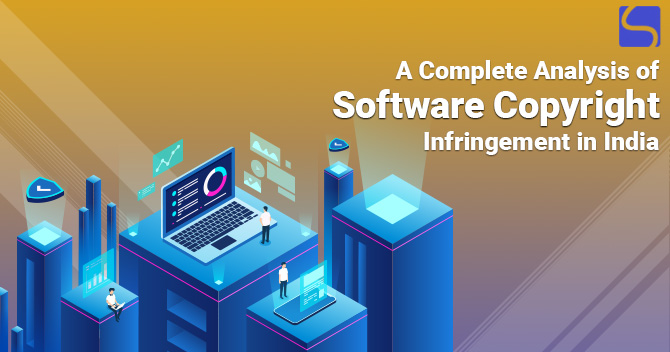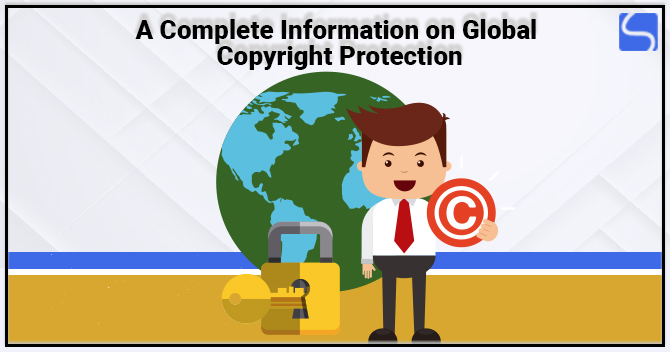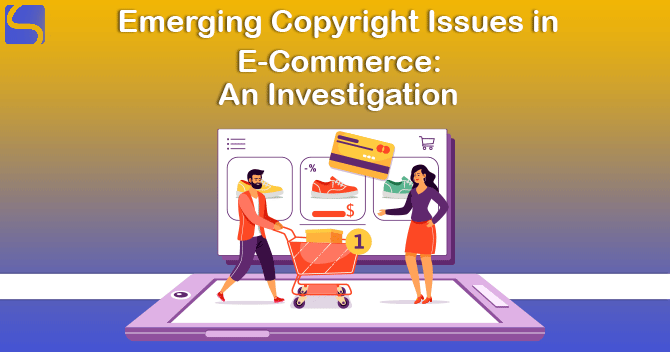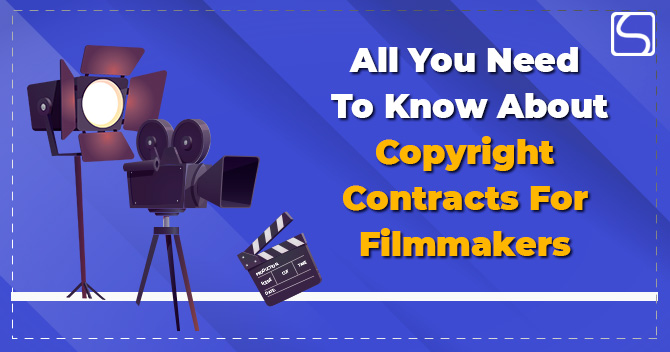A Complete Analysis of Software Copyright Infringement in India

Karan Singh | Updated: Nov 08, 2021 | Category: Copyright
Software Copyright Infringement is an illegal duplication, distribution, or use of computer software, for example, making copies of the software that the license allows or installing software licensed for one computer onto various computers/servers. The computer program which possesses the technical effect can be patented under the Indian Patent Act, 1970. According to the Center for Interest & Society (CIS), the patenting authority has issued around 200 Patents for a computer program from the years 1999 till 2010. Usually, a computer program that lacks the technical effect can get protection under Copyright Registration. For Copyright protection, software must adhere to the uniqueness that shows the effort & skill of the programmer in a proper sense. Software that lacks such features might find it difficult to obtain Copyright Registration. Scroll down to check more information on Software Copyright Infringement.
Table of Contents
What is the Meaning of Software Copyright?
- According to Section 1 (O) of the Copyright Act, 1957[1], you can safeguard your software coding & programming from copying, adapting, reproducing, or translating.
- Software is the set of instructions or commands given to the computer to execute certain operations. The process comes under the category of literary work.
- According to the Copyright Act, if anyone copies the actual work without taking permission from the actual owner, then RoC (Registrar of Copyright) has the authority to send the notice of Copyright Infringement and take further legal action against the infringer.
- The Act safeguards the economic & moral rights of the owner by providing ownership, royalties, and validation for the developed software.
- All videos, coding, graphics, and audio used in the computer program are safeguarded under the Copyright Act.
What is the Meaning of Software Copyright Infringement?
Software piracy is also known as Software Copyright Infringement. Software Copyright Infringement is nothing but reproduction, use, or copying of someone’s original work without their approval in an illegal manner. Following are some examples of Software Copyright Infringement.
- One of the common examples of Software Copyright Infringement is downloading the software/programmes from the internet. Third parties or users upload the software on the internet for free or at a very low cost.
- End user-Piracy, this utilising the unlicensed software on their systems are the infringers.
- The sale of unauthorised copies of software is the most common Copyright Infringement.
- A number of times, the computer dealers pre-installs the software on the computer systems even before the sale. Also, some dealers use one licensed copy of the software for many systems, and this is also an example of Software Copyright Infringement.
However, the following activities do not comprise Software Copyright Infringement:
- Making backup copies by the Software owner as a preventive measure against any damage or loss;
- Making software copies for personal use;
- To study the information & future scope of the software;
- To test the functionality, viability of the software.
Some Remedies to Prevent Software Copyright Infringement in India
If an owner of the computer program or software across the infringement act, then they have the power to sue the infringer through underlying legal provisions. Following are some common legal actions to prevent Software Copyright Infringement:
- Permanent/Temporary injunctions on the violators;
- Elimination of all violated copies of the computer software or program;
- Monetary compensation;
- Criminal Prosecution.
In the purview of the Copyright Act, 1957, the criminal prosecution for Computer Software Copyright Infringement involves imprisonment for six months along with Rs. 50,000 fine. If the infringer is found guilty for a second time, a minimum of one year of imprisonment & a fine of Rs. 1 lakh.
For a person using the infringed software copies is also punishable by the Indian Copyright Act, 1957. Further, the prosecution with a minimum imprisonment of at least seven days up to 3 years & a minimum fine of Rs. 50,000.
Some FAQs Regarding Software Copyright Infringement
Following are some queries regarding the violations of Copyright Software:
- What happens if I get a notice of Copyright Infringement?
- The notice regarding Copyright violation implies the Act to avoid the court procedure & settle the problem without the court’s intervention.
- The notice suggests sharing the matter to your attention, and it serves as a legal threat.
- Furthermore, reviewers appointed by the proposed authority will check the documents.
- If the reviewer marked you as a defaulter, permanent or temporary injunction, financial compensation, and criminal prosecution would be conducted.
- Moreover, if you come out non-defaulter in an outlook of law, you may request the reimbursement of court proceeding charges and compensation for your harm.
- Does the Notice of Copyright Infringement pose any risk to the users?
No provided users opt to obey underlying legal actions suggested by the bylaws.
Following are some ways to handle such a situation:
- Don’t ignore the legal importance of Copyright Infringement Notice;
- Contact a field expert to defend your case;
- You have significant evidence of producing the software code before the arrival of the concerned program;
- According to the Copyright Law, the concerned program no longer adhered to Copyright protection during alleged infringement;
- You have no motive to identify the Copyright;
- You have already protected the writ consent of the original owner for copying the code;
- Get normal to the potential consequence of the issue and relax. Dig down facts that are against you.
- Find out what legal grounds can help me to protect my case effectively?
How to Copyright Software?
Proprietary software owners and software developers mainly use software Copyright to safeguard illegal copying of their software. The copyright owner is usually the work’s publisher, creator, or other business to whom Copyright has been assigned. Copyright owners regularly invoke legal & technological measures to prevent & penalise Copyright Infringement, where works safeguarded by Copyright Law are used without permission.
For works like web applications & software, the source code is mainly where Copyright exists & a Copyright notice should be included in the headers of all user manuals, source code files, help files, and/or about these software pages, to make the declaration of Copyright explicit.
There is no direct copying of code, exactly; it can be hard to prove that copying has actually occurred. A single way of trying to make copying easier to notice is to include redundant code or program elements in the real code. If a supposed copy comprises the same redundant program components, even if they are not exact copies, it can give a robust inference that copying has occurred.
Independent software sellers should be very careful about revealing source code. If someone can separately create from grazing what you safeguarded, just by looking at your source code, given that the code is essentially different, then your software copyright has not been violated. The alteration of your copyright software for personal use may also be considered acceptable under the caution of fair use & also code-breaking & reverse engineering when a rightful reason can be provided for doing so. But, eventually, any illegal use of the software is considered to be piracy, in acknowledgement of the commercial harm of Copyright Infringement.
Conclusion
Software Copyright can be difficult to implement, and using an identity-based licensing solution will make sure that you know who your end-users are. It is advisable to get professional or expert assistance from an experienced lawyer or advocate showing the case effectively.
Read our article:All You Need to Know About Takedown Services for Copyright Protection














